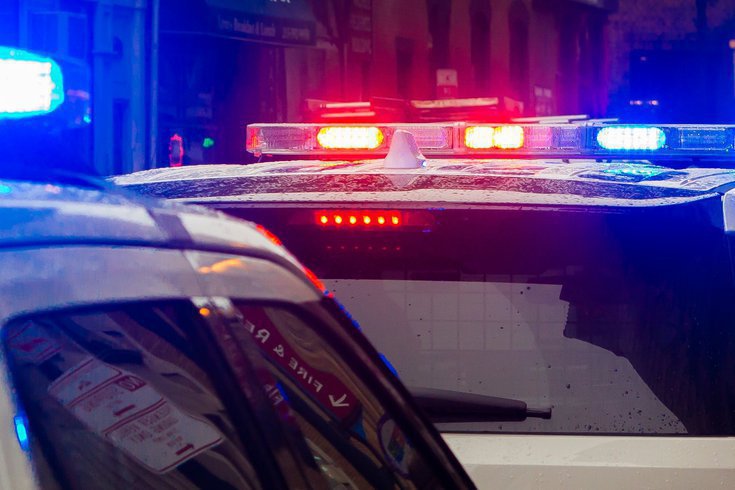
February 09, 2023
 Thom Carroll/For PhillyVoice
Thom Carroll/For PhillyVoice
New Jersey is planning to expand its ARRIVE Together program, which pairs police with mental health workers on 911 crisis calls. Five Camden County police departments will join the program – Clementon, Gibbsboro, Lindenwold, Pine Hill and Voorhees.
Mental health workers have accompanied some New Jersey police officers as they respond to 911 crisis calls for more than a year as part of an experimental program aimed at reducing police use of force.
Beginning in May, that program is set to expand to law enforcement agencies in 10 counties, including five Camden County police departments – Clementon, Gibbsboro, Lindenwold, Pine Hill and Voorhees.
As part of the ARRIVE Together program, mental health screeners and plain-clothes officers collaboratively respond to 911 calls for people experiencing behavioral health crises. This approach aims to reduce the likelihood that officers respond with force or turn to emergency rooms to treat people experiencing mental health crises.
Since the program's debut with state troopers in Cumberland County, it has aided more than 300 people, without resulting in any injuries or arrests. It previously expanded to portions of Union County.
People with untreated mental illness are 16 times more likely to be killed during a police encounter, according to a 2015 study by The Treatment Advocacy Center, a nonprofit based in Arlington, Virginia. The death of Walter Wallace Jr., who was killed by Philadelphia police in the midst of a mental health crisis in October 2020, underscored the need for mental health workers in these circumstances. Wallace's family had called 911 hoping to get help in de-escalating his crisis.
According to New Jersey state data, about half of all calls involving a person experiencing a mental health crisis result in the use of force, NJ.com reported. Since the ARRIVE Together program was implemented, police officers only have used force for involuntary transports of people ordered by mental health professionals who co-responded, state officials said.
ARRIVE stands for Alternative Responses to Reduce Instances of Violence and Escalation.
With the expansion, more than 35 law enforcement agencies and nine health care providers will be involved in the program. The list includes Atlantic City in Atlantic County; Lower and Middle townships in Cape May County; and Bridgeton, Millville, Vineland in Cumberland County.
Gov. Phil Murphy also has included $10 million in his budget proposal to expand the program throughout the entire state. After the state legislature holds budget hearings, lawmakers will vote on whether to approve the measure and allocate the funding to the program.
"The ARRIVE Together program is a game changer, and I am incredibly pleased by the success the program has had during its pilot stages in connecting those experiencing behavioral health crises with a certified mental health professional," Murphy said. "The proposed investment and expansion of the program will help our efforts to enhance law enforcement's servicing of neighborhoods and will strengthen the bonds between our officers and the communities they serve."
Though ARRIVE Together could become the first statewide co-responder program in the country, it is not revolutionary.
Police in Eugene, Oregon implemented a similar program in 1989. Today, it handles one-fifth of the city's 911 calls, saving an estimated $2 million per year.
More recently, the Smyrna and Georgetown police departments, both located in Delaware, introduced comparable programs since 2018 and 2019. In the wake of the racial justice protests that popped up in 2020, New Castle County and Milford moved to implement similar programs.